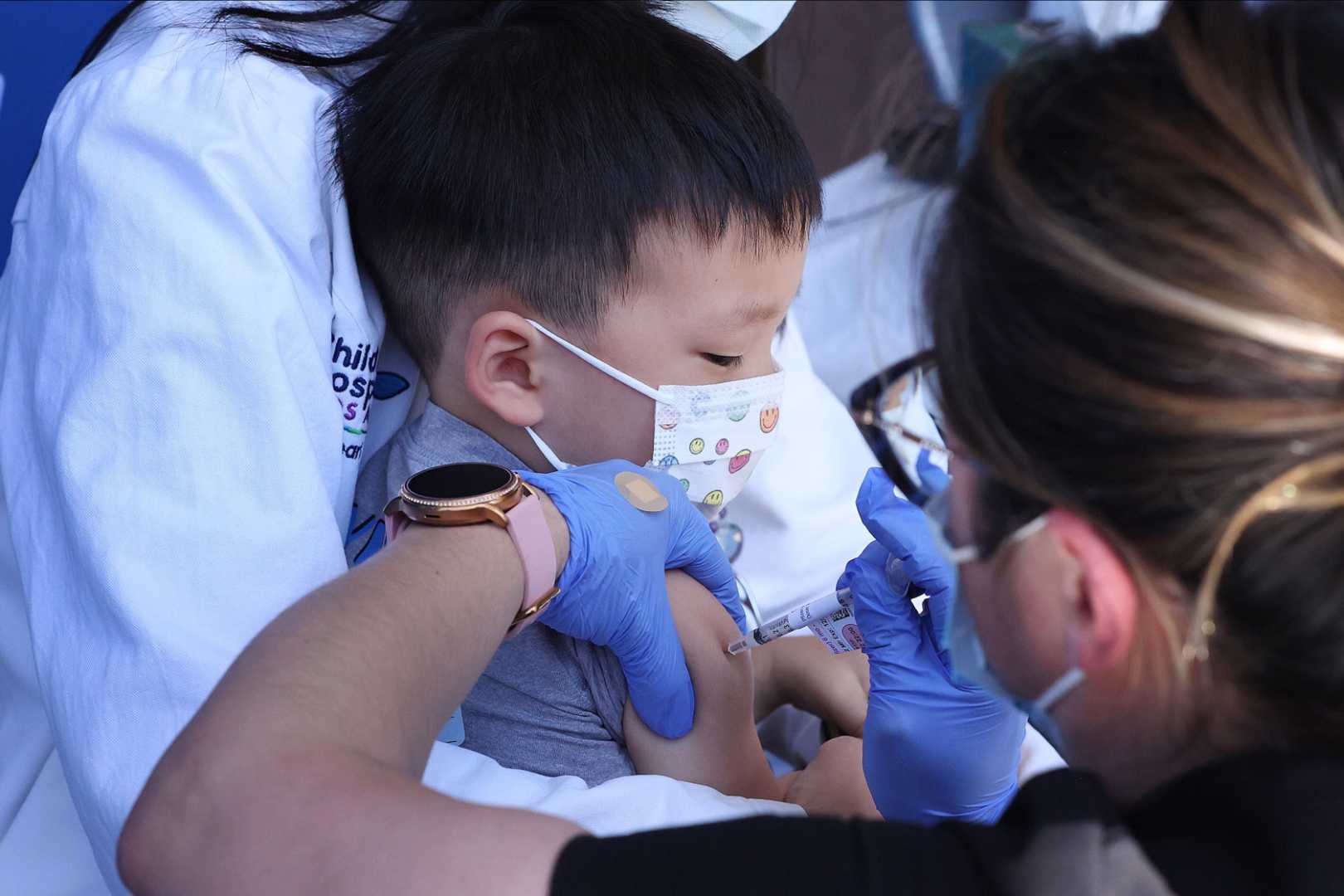Health
Healthcare Experts Warn of Vaccine Hesitancy Amid Government Changes

Montgomery, Alabama — Pediatricians across the country are facing increasing vaccine hesitancy from families, driven partly by conflicting messages from the government. Dr. Nola Ernest, a pediatrician in rural southeastern Alabama, has seen families who once trusted her recommendations now decline vaccinations for their newborns.
“I reassure them that I am still the same pediatrician,” Ernest said. “They say, ‘We still trust you. We just think a lot of the things have been pushed on us for a long time that were not actually necessary, or were harmful.'” This reflects a growing shift in attitudes toward vaccinations, influenced by political figures.
A recent study shows that approximately three-fourths of Republicans trust their physician for reliable vaccine information, but an equal number also trust figures like President Donald Trump and Health and Human Services Secretary Robert F. Kennedy Jr., a long-time anti-vaccine activist. This has led to confusion and doubt, as patients find themselves torn between their doctors and governmental messages.
In May, Kennedy attempted to remove COVID-vaccine recommendations for children and pregnant individuals, further complicating the situation. He replaced members of the CDC‘s Advisory Committee on Immunization Practices (ACIP) with researchers who lack formal vaccine expertise. The new group has already voted to remove recommendations for flu shots and called changes to vaccine policies “capricious.”u00a0
Pediatricians are noticing a shift in conversations around vaccinations. Dr. Molly O’Shea, a pediatrician in Michigan, reported that patients who once voiced skepticism about vaccines now prefer not to discuss their hesitancy at all. “Families have really been shaken in their confidence in what we’ve been telling them all this time,” she said.
Some families are echoing Kennedy’s concerns, questioning the necessity and safety of vaccines. Dr. Braveen Ragunanthan, a pediatrician in the Mississippi Delta, cited a patient expressing doubts about vaccines for their six-month-old daughter after consuming news about vaccine efficacy. Such expressions of doubt are concerning for medical professionals.
Despite the hesitancy, many families remain committed to vaccinations. However, there’s fear that reduced recommendations from the government could limit access to vaccines. Dr. Gretchen LaSalle in Spokane noted that her patients are concerned about securing their flu and COVID shots this fall.
Pediatricians are caught between following the new government guidelines and upholding established vaccination schedules. Schools typically rely on the national immunization schedule to determine entry requirements, which could be affected by the current changes. Dr. Alanna Levine in New York highlighted the financial strain on practices to maintain vaccine availability amid inconsistency in governmental support.
As the landscape surrounding vaccination recommendations fluctuates, confusion abounds. Doctors express concern that their ability to provide standard care is faltering due to the political climate surrounding public health. The power of government influence could undermine the scientific consensus that vaccines are safe and effective.












